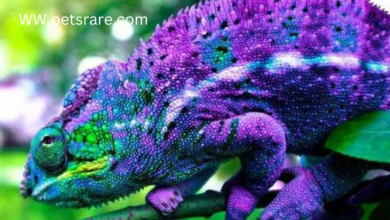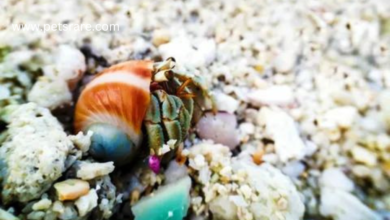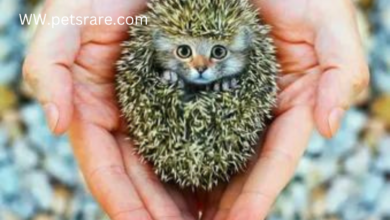Suitable Tortoise Tidbits: The best nutrition for your reptile

Suitable Tortoise Tidbits: The best nutrition for your reptile
Introduction
Turtles, as herbivorous reptiles, have specific dietary requirements that require careful attention. Providing a balanced and nutritious diet is vital for their overall health, growth and longevity. This article explores the best dietary options to meet your turtle’s unique needs.
Understanding the nutritional needs of turtles

- Fiber: Essential for digestive and intestinal health.
- Calcium: Essential for shell growth and overall bone health.
- Vitamins and Minerals: A balanced blend for optimal health.
- Hydration: Adequate intake of water is very important.
Proper diet plans
- Mediterranean Medley: Add leafy greens, vegetables and fruits such as strawberries and figs.
- Dessert Delight: Focus on cactus pads, dandelion greens, and prickly pear.
- Tropical Treats: Offer a variety of tropical fruits, flowers and leafy vegetables.
- Mediterranean Mix: Mix pellets with fresh produce for a balanced diet.
Table: Turtle Diet Essentials
| Type of food Primary Foods | Additional nutrients
|—|—|—|
| Mediterranean Medley | Leafy vegetables, vegetables, fruits Calcium, Vitamin D3 |
| Desert Lights | Cactus Pads, Dandelion Greens | Fiber, calcium
| Tropical treatment Tropical fruits, flowers Vitamin A and C
| Mediterranean Mix | Pellets, fresh produce | Balanced nutrients
Essential nutrients for turtles

- Calcium: Important for shell growth and bone health.
- Fiber: Essential for digestive and intestinal health.
- Vitamin D3: Helps in calcium absorption.
- Vitamin A: Supports vision and immune function.
Tips for feeding your turtle
- ** Variety is key:** Rotate different foods to prevent malnutrition.
- Gut Loading: Add leafy greens and vegetables to your turtle’s food for extra nutrients.
- Supplementation with calcium: Provide calcium supplementation, especially for growing turtles.
- Access to Water: Make sure your turtle has constant access to clean water.
Gradual Changes: Introduce new foods slowly to avoid digestive upset.
Frequently Asked Questions About Turtle Food

*Can I feed my turtle human food?
*While some human foods are safe, avoid processed foods and large amounts of fruit.
*How often should I feed my turtle?
*Feeding frequency depends on the age and size of the turtle. Consult a reptile specialist.
Can turtles be vegetarians?
- Most turtles are herbivores and can thrive on a vegetarian diet.
*What if my turtle is playful? - Serve a variety of foods and try different presentation methods.
*How can I prevent shell problems in my turtle? - Ensure adequate calcium intake and provide UV light for vitamin D3 synthesis.
Result

Providing a suitable diet is essential to your turtle’s health and longevity. By understanding their specific nutritional needs and offering a variety of foods, you can create a thriving environment for your beloved reptile. Remember, regular observation and consultation with a reptile veterinarian is key to maintaining optimal health.




